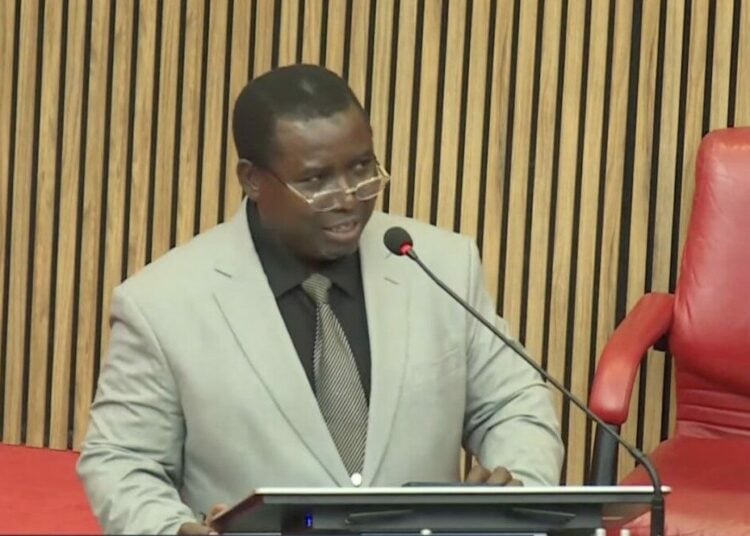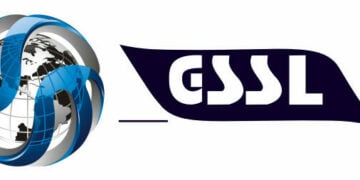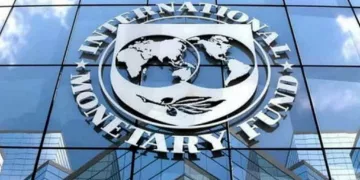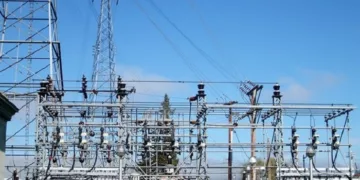The nominee for the chairmanship of the Independent National Electoral Commission (INEC), Professor Joash Amupitan, has dismissed claims suggesting that he was part of President Bola Tinubu’s legal team during the 2023 presidential election petition hearings.
Appearing before the Senate Committee of the Whole for his screening on Thursday afternoon, Amupitan clarified that he “never appeared in the presidential election tribunal or at the Supreme Court” on behalf of Tinubu aftermath of thr 2023 general election.
“It is very important to answer that question,” Amupitan said firmly.
“I never appeared in the presidential election tribunal at the Supreme Court. Mentorship will not compromise my principle or my standard.”
The nominee’s response came after some lawmakers raised concerns about maintaining neutrality in the face of widespread speculation, linking him to Tinubu’s legal team.
Beyond addressing questions of neutrality, Amupitan used the session to share his vision for an inclusive and forward-looking electoral system, one that empowers women, persons with disabilities, and young voters through education, technology, and legislative reforms.
“On the participation of women and persons with disabilities, I believe the time is right for that,” he said.
“The policies and laws must be put together for that purpose. When we notice necessities like that, we will require legislative interventions so that they are encapsulated in law. With NIMC and INEC working together, we will capture that.”
The nominee also spoke about the widely debated issue of local government elections, suggesting that while some stakeholders advocate transferring the conduct of the exercise to INEC, such a move would require careful consideration to avoid overburdening the commission.
“The conduct of local government elections has been debated widely. The view of most people is that the power should be handed to INEC because of what has happened in the local government and area councils. They already use data compiled by INEC, but the question is whether that will add another burden on INEC. We will look into it, but I cannot provide an answer for now,” he noted.
Amupitan outlined plans to strengthen voter education, civic training, and technological integration as part of his broader reform agenda.
He said INEC, under his leadership, would develop online training modules for voters and introduce civic education at an early age to build a culture of democratic participation.
“There is a need for voter education, and it is the mandate of INEC. We will have basic courses and modules that will be downloaded by voters, along with capacity training,” Amupitan explained.





